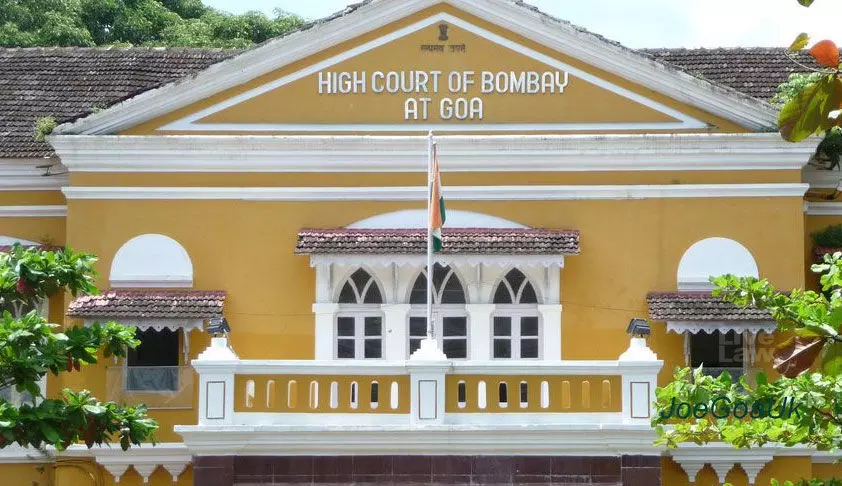
Dowry payment cannot be used to deny daughter’s right on family property: Bombay HC
text_fieldsThe Goa bench of the Bombay High Court has said that a daughter’s right to family property does not cease to exist merely because she was given a dowry at the time of marriage.
Justice Mahesh Sonak was hearing a plea filed by the eldest daughter of a family, seeking an injunction against her mother and four brothers from creating any third-party rights in the family's properties. The daughter said that she was not given a share in any of the properties by her four brothers and mother.
"However, even if it is assumed that some dowry was provided to the daughters, that does not mean that the daughters cease to have any right in the family property. The rights of the daughters could not have been extinguished in the manner in which they have been attempted to be extinguished by the brothers, post the father's demise," the court held, reports LiveLaw.
The deceased father who owned a shoe shop, Sapataria Modisto, in Goa, had passed away without leaving a will.
The court quashed a Transfer Deed made by brothers transferring family property without the consent of the appellant sister citing that there was no proof of giving sufficient dowry to the daughters of the house and concluded that the joint family property was being usurped by the brothers to exclude the sisters.
“The evidence on record shows that the joint family property was purported to be exclusively usurped by the brothers to exclude the sisters. Merely because one of the sisters deposed in favour of the brothers does not mean that the issue of family arrangement or oral partition was duly proved. There is no evidence about providing a sufficient dowry to the daughters of the house,” the court held, as quoted by LiveLaw.
The appellant is the eldest daughter of her parents and has three sisters and four brothers. After the death of her father, a Deed of Succession was executed declaring the appellant as an heir to his property.
A Transfer Deed was executed by which her mother and two of her brothers transferred her family shop to her other two brothers without her consent. She filed a suit challenging the Transfer Deed claiming she has undivided right in the suit shop.
The brothers claimed that the four daughters were settled by payment of sufficient dowry at the time of their marriages and that the suit shop wasn't an ancestral property but an asset of the partnership firm formed by the three sons and their late father.
They filed a counterclaim challenging the Deed of Succession.
However, the bench dismissed the argument of the brothers and mother that daughters cannot claim any right to the family's property.
According to the report in Livelaw, as per Article 1565 of the Portuguese Civil Code, the mother was not entitled to transfer her share in the suit shop to her two sons without the consent of other sons and daughters, the court said.
Further, as per Article 2177 of the Code, a co-owner cannot dispose of any part of the common property unless it is allotted to him in partition.
Transfer Deed was therefore null and void, the court held while observing that the suit shop was not allotted to the transferor by a Deed of Partition.
The court added that there is no evidence that the suit shop was brought into the firm’s assets. Further, the court said that there is no evidence of oral partition and partition cannot be effected orally under the Code, says the report.
Therefore, the court held that the appellant has an undivided right in the suit shop and also issued a permanent injunction to the brothers from transferring the suit property to anyone in the future except with the written consent of the appellant and other co-owners.






















